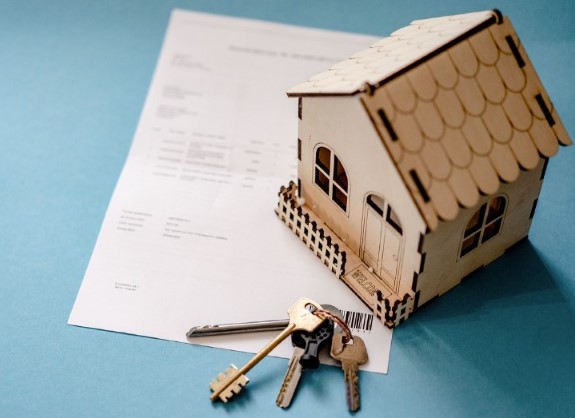Can You Sue for a Fender Bender? What You Should Know
Learn when a fender bender justifies legal action and what steps you should take to protect yourself.


© 2024 Crivva - Business Promotion. All rights reserved.